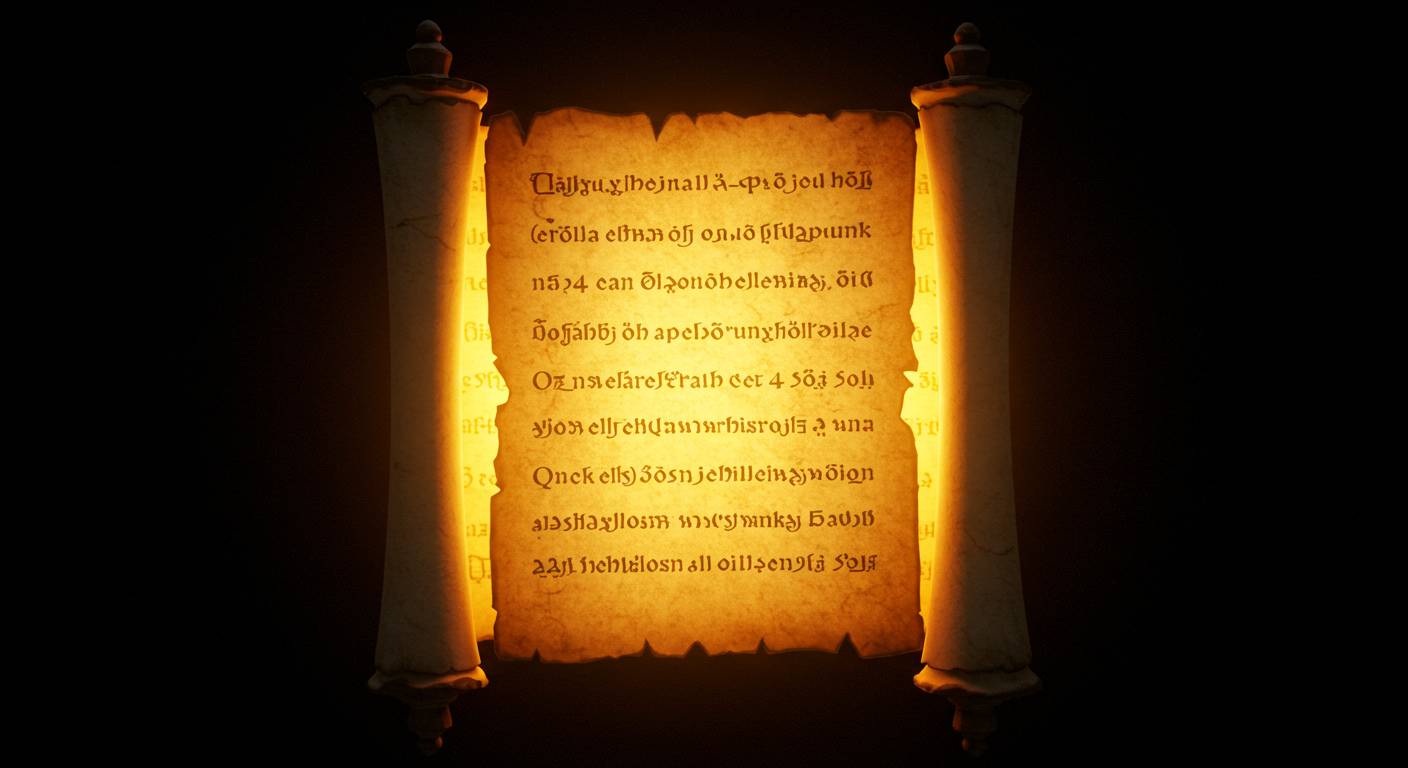Unveil the profound imagery of Revelation 20:12. Explore divine judgment, justice, and accountability in this introspective journey through eschatological themes.
The Final Judgment: When Books Are Opened — Revelation 20:12
Bible Verse: Revelation 20:12
Introduction: Setting the Scene
In the book of Revelation, a striking narrative unfolds, rich with symbolism and profound truth. It draws you into a world where celestial events and earthly destinies intertwine. Among the visions captured by John, the scene described in Revelation 20:12 is particularly compelling. Here, you encounter the imagery of books being opened—a moment of revealing and reckoning in the grand tapestry of Revelation. This imagery speaks powerfully of a final judgment, a climactic event where humanity stands before the Creator.
Why It Matters
The vision of the books opened is more than a narrative device; it is a potent symbol of divine scrutiny and justice. Within the context of Revelation, it underscores the theme of accountability and the fulfillment of God’s redemptive plan. For believers today, it is a call to introspection and spiritual readiness, an invitation to align one’s life with the divine purpose. It reminds you that your choices matter and that you live under the gaze of the infinite.
Exploring the Vision in Depth
Revelation is a book replete with symbolic language and rich imagery that can evoke both awe and introspection. It’s this interplay of symbols and narrative that gives the vision its depth and significance. Let’s dive deeper into the essence of this vision to unravel the layers of meaning embedded within it.
Summary of Key Symbols
In the vision of Revelation 20:12, the “books” are central to understanding the scene’s implications. These are more than mere records—they symbolize the fullness of each person’s life, chronicling their deeds, thoughts, and choices. In contrast, the “Book of Life” represents those who have found favor with God, a register of those who have embraced faith and righteousness. This distinction between the books illustrates the duality of paths available to humanity—one aligns with divine justice and mercy, the other with human independence and consequence.

Contextual Background
It’s essential to grasp the historical and theological backdrop against which John’s vision unfolds. Revelation was penned during a time of intense persecution for the early Christian community. They longed for assurance and vindication against oppressors. The imagery of judgment and the opening of the books in Revelation 20:12 speaks directly to this context of seeking divine justice. It harkens back to Old Testament imagery, such as in Daniel 7:10, where books are opened in a heavenly court. This continuity reinforces the idea of a divine narrative that transcends time and history.
Interpretation
Interpreting this vision requires reading it through the lens of metaphor and theological imagination. The opening of books isn’t just a spectacle; it’s a declaration that none of life’s details are lost on the divine observer. It’s a reaffirmation of a moral universe where truth prevails over deceit and justice over injustice. Within the overarching message of Revelation, this scene insists that God’s judgment is both fair and final. It underscores the twin truths of accountability and grace, offering hope to those who seek righteousness while warning those who reject divine counsel.
Relevance for Today’s Readers
While the ancient setting of Revelation might seem distant, its messages resonate profoundly in today’s world, where questions of justice, truth, and purpose are ever-present.
Spiritual Insight
The scene of the opened books in Revelation 20:12 invites you to consider the spiritual accounting of your life. It encourages a life lived in reflection, aware of the larger spiritual realities. It calls you to cultivate values of integrity, compassion, and faithfulness. In a world often disenchanted with cynicism, this vision upholds the power of hope and endurance, assuring you that divine justice will ultimately triumph.
Application in Daily Life
Reflecting upon this vision can transform daily living into a spiritual practice. Consider the choices you make—how do they align with the values that rest in the Book of Life? This awareness can reshape your interactions and decisions. As you face personal and spiritual battles, the vision encourages you to anchor yourself in faith, embodying principles that transcend worldly measures of success or failure.
Supporting Verses and Cross-References
The imagery and themes within Revelation 20:12 are echoed throughout Scripture, providing a rich tapestry for deeper understanding.
- Daniel 7:10: This verse presents a vision of books opened in a celestial court, serving as a prophetic backdrop for John’s Revelation narrative.
- Romans 2:6: “God ‘will repay each person according to what they have done.'” This verse underscores the biblical principle of divine judgment according to works.
- Philippians 4:3: Mention of the “Book of Life” as part of Paul’s writings aligns with the theme of divine record-keeping.
Conclusion: Reflection on the Vision’s Message
The final judgment as depicted in the opening of the books is a potent reminder of the spiritual realities that govern life. It’s a call to reflect on what it means to live under the attentive eyes of the divine. This vision of Revelation insists that God’s justice, marked by both fairness and grace, will have the final say. It brings reassurance to those who pursue righteousness while challenging each of us to live authentically.
Encourage Further Reflection
Consider setting aside moments in your day to ponder the significance of this vision, seeking wisdom and inspiration from other parts of Scripture. How does this imagery of divine judgment forge your understanding and shape your relationship with the divine?
Call to Faith
May you embrace this message as an invitation to deepen your faith, trusting that in every trial, the ultimate victory belongs to God. Your journey, documented in the silent pages of your life’s book, finds meaning and purpose in this divine narrative.
Closing Bible Verse: Ecclesiastes 12:14 — “For God will bring every deed into judgment, including every hidden thing, whether it is good or evil.”.







